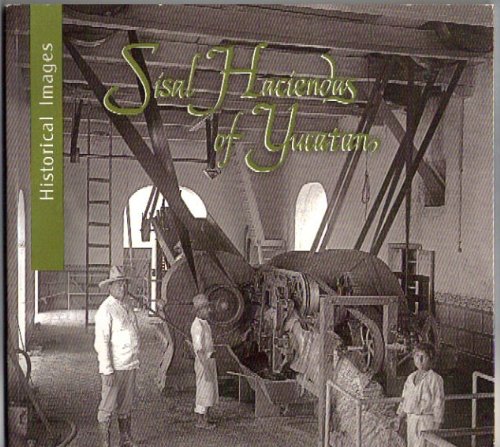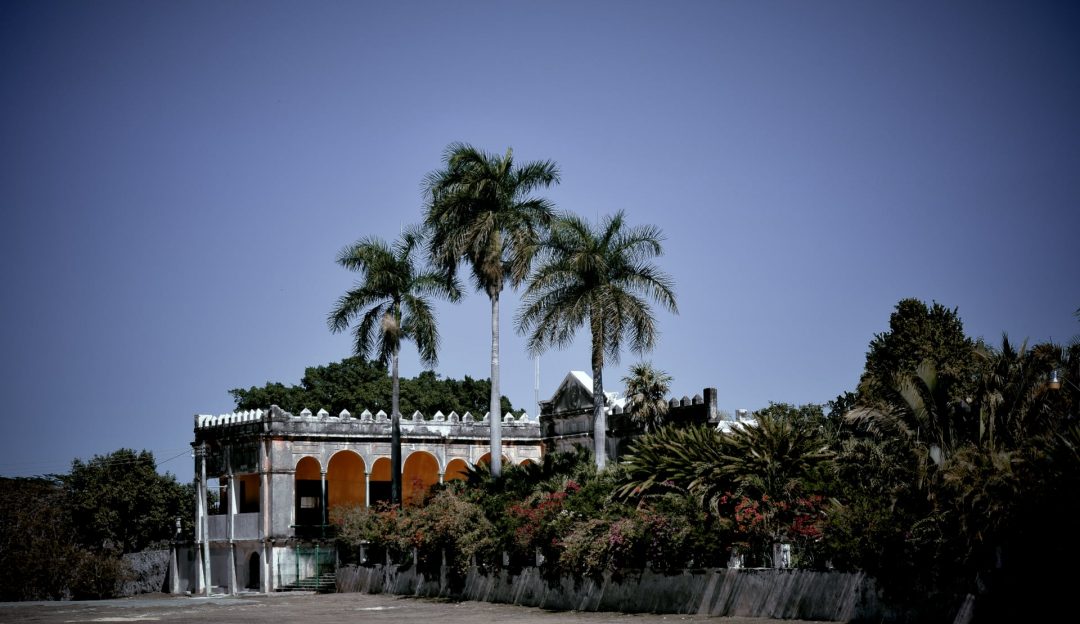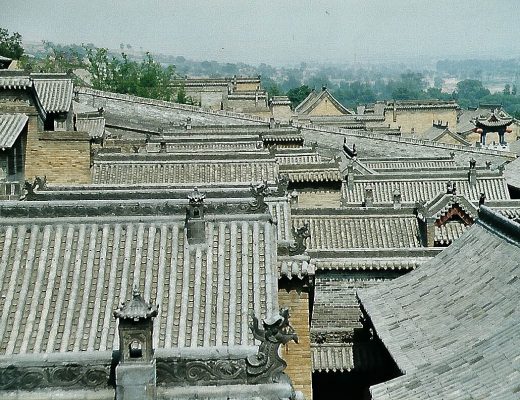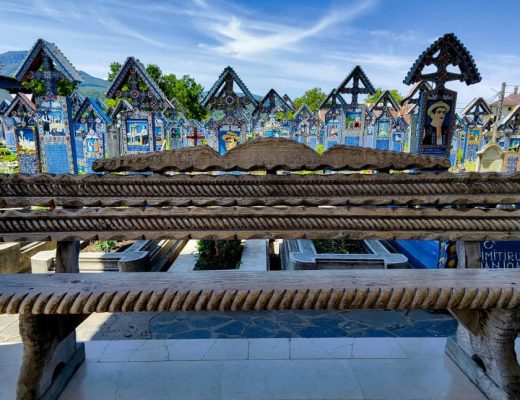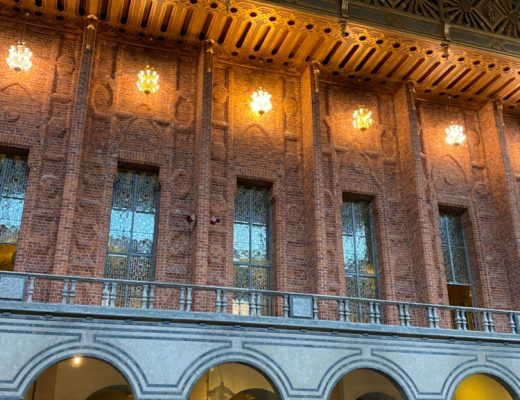The history of the Yucatan haciendas is as breathtaking as it is tragic. In fact, it mixes extremes to the point of generating incredible architectures and behaviors.
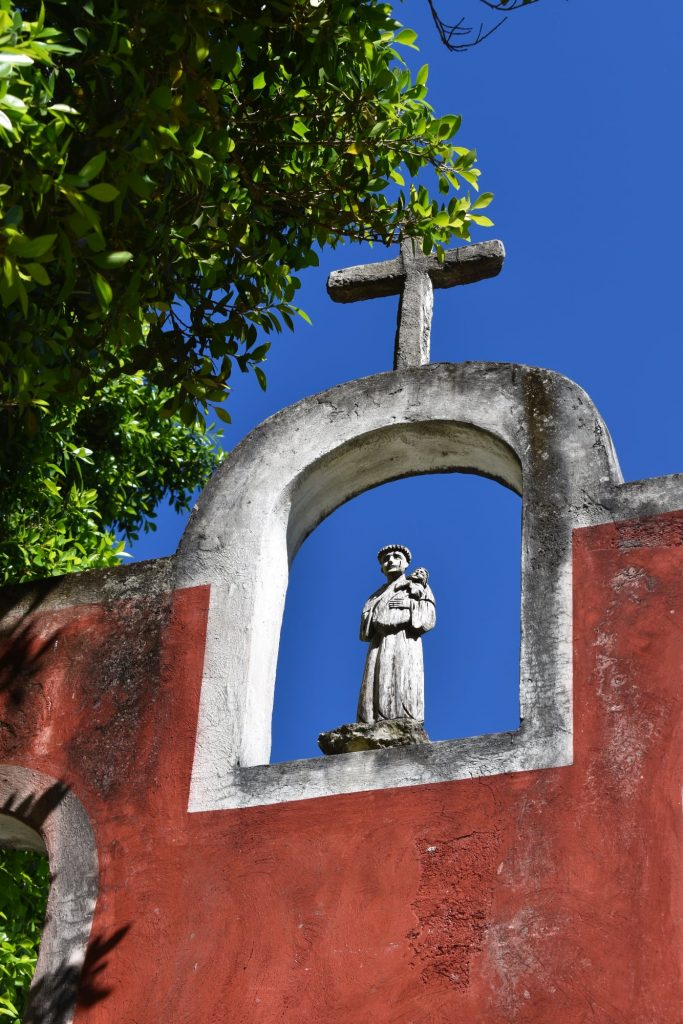
To understand it, you have to look back to the context of the time. Imagine yourself in this region of Mexico, bathed by the Caribbean Sea.
This Mayan land seems so ungrateful: dry, flat and not very fertile. This was what the Spaniards discovered and colonized. However, there was no question of abandoning this land to others, so they tried to farm and raise animals and built haciendas based on the Andalusian model that they knew so well.
They were in fact communities united under the iron hand of the hacendado, the owner, who exploited the land as much as the people who worked on it.
The result was not very satisfactory and the tensions with the Mayan populations … extreme.
The discovery of henequen
And then, the wind of the merchant navy came blowing over this land like the hurricanes that ravage it so regularly. The world was changing in this mid 19th century and the Yucatan possessed a treasure that the settlers could not even imagine. Indeed, it so happened that the Maya knew the resources of their land and in particular that of an agave with long and pointed leaves from which they drew fibers to make ropes. This was exactly what the Navy needed and in record time the haciendas were transformed into huge plantations of this agave called henequen by the Spaniards. It was soon known as Sisal, named after the port from which the cargoes left.
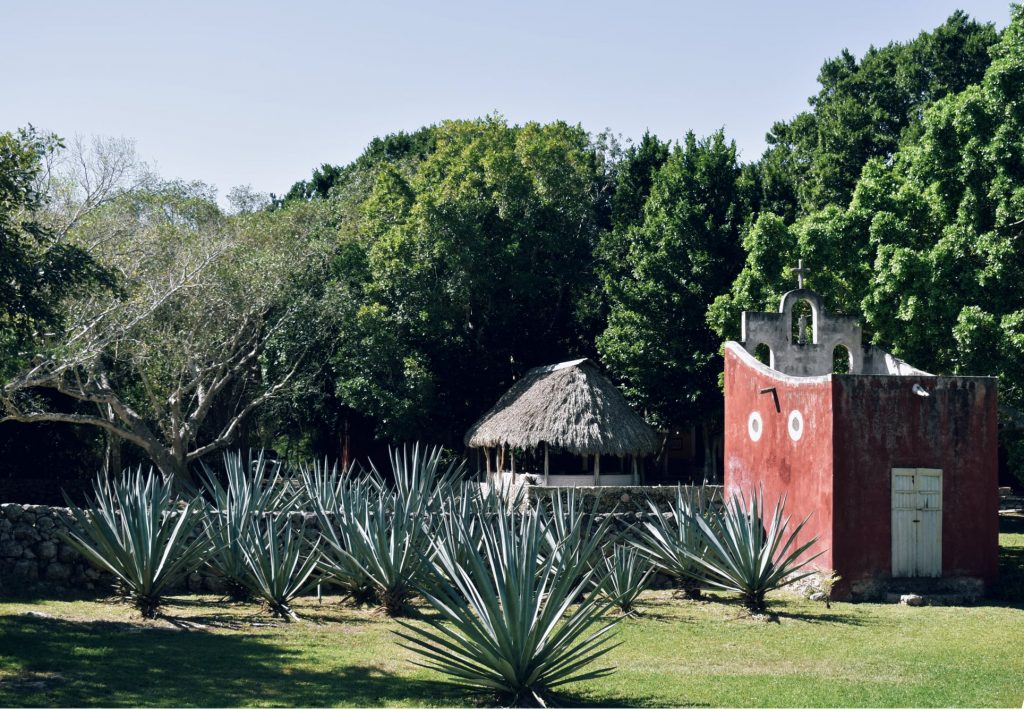
Breathtaking haciendas
Architecture followed this seemingly infinite expansion inordinately. The haciendas became real villages with thousands of peons working in conditions bordering on slavery. There was the house of the master, the superintendent, the chapel, the fiber processing and treatment buildings, the workers’ huts, the infirmary and even the jail.
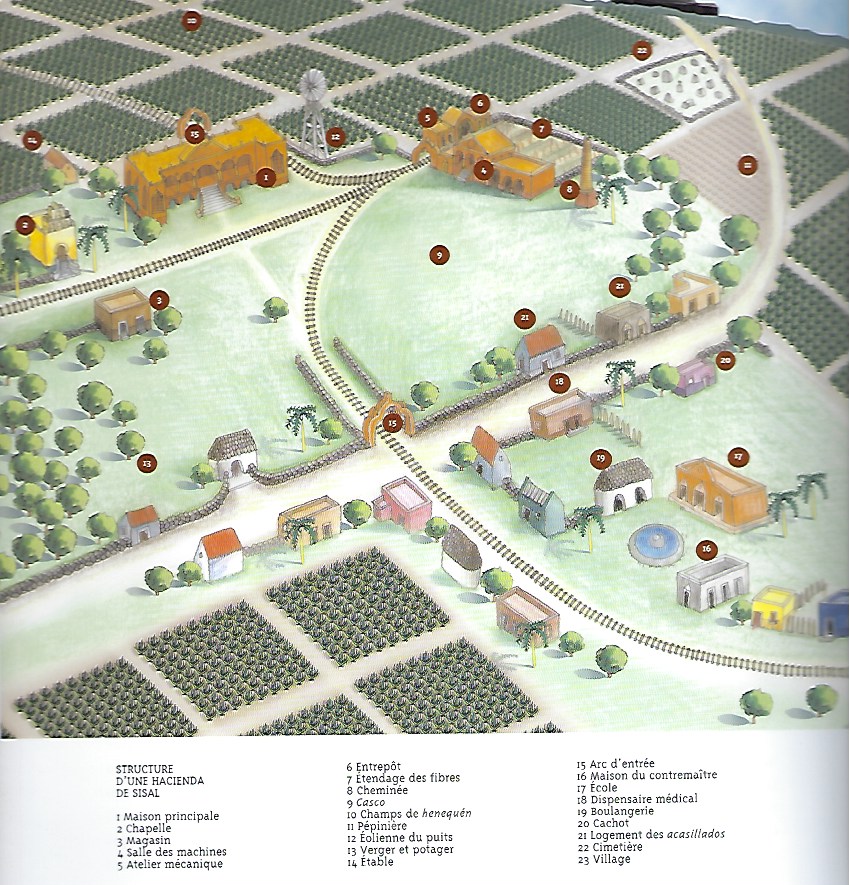
With underpaid workers and a growing demand for what was then called “The green gold”, the owners became rich, immensely rich. They deliriously embellished their homes, bringing furniture, mirrors, chandeliers, crockery, etc. from Europe. The result was sumptuous.
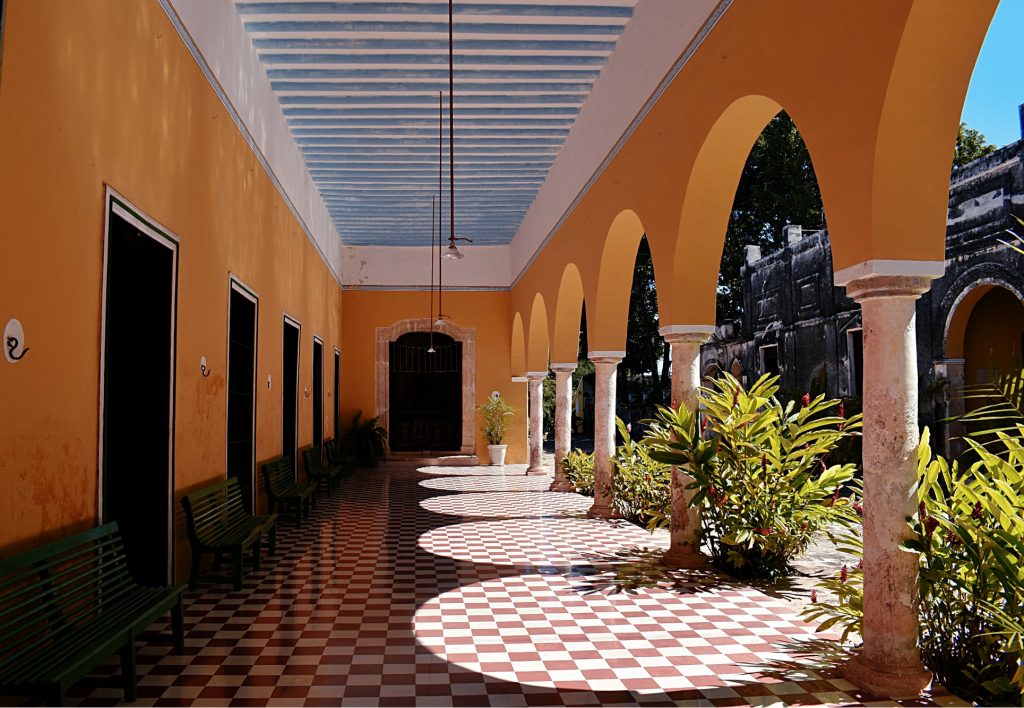
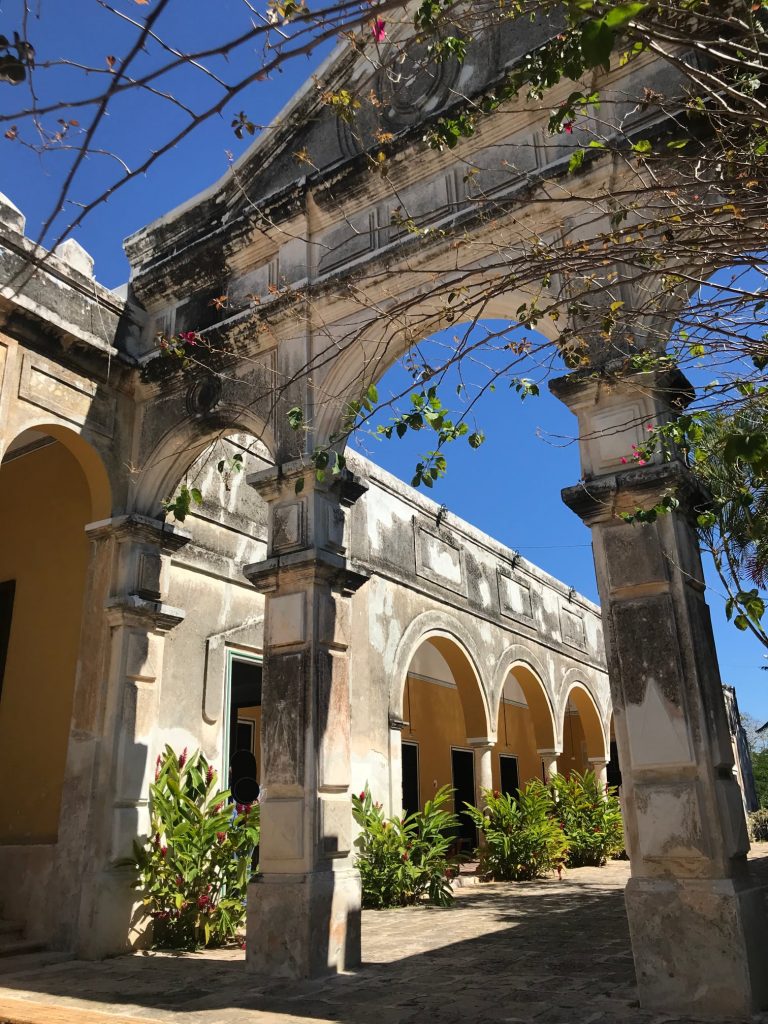
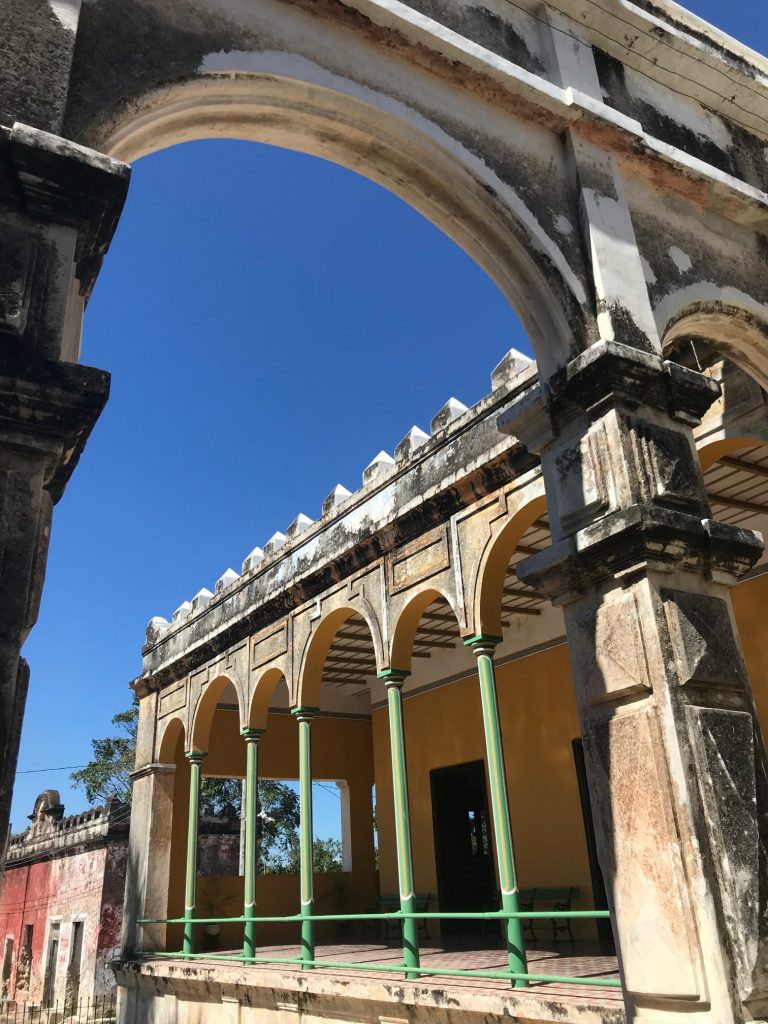
These homes had exquisite refinement, European comfort in terms of sanitary facilities, large terraces with arcades to refresh the interiors, ponds, lush gardens and a festive and carefree life.
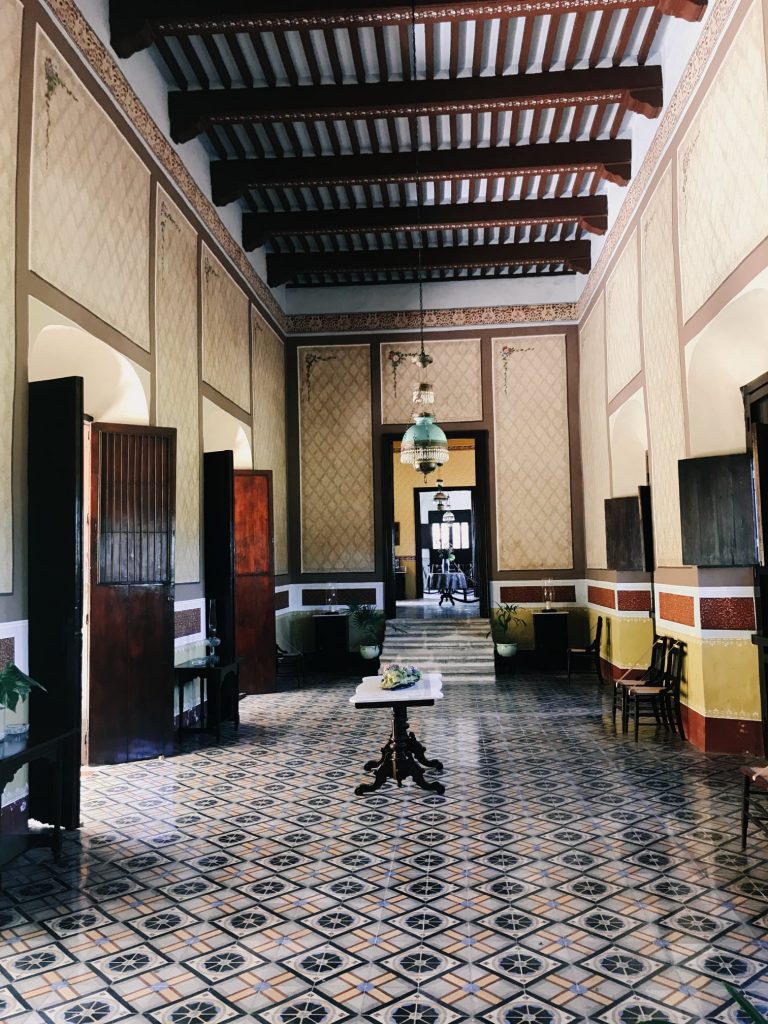
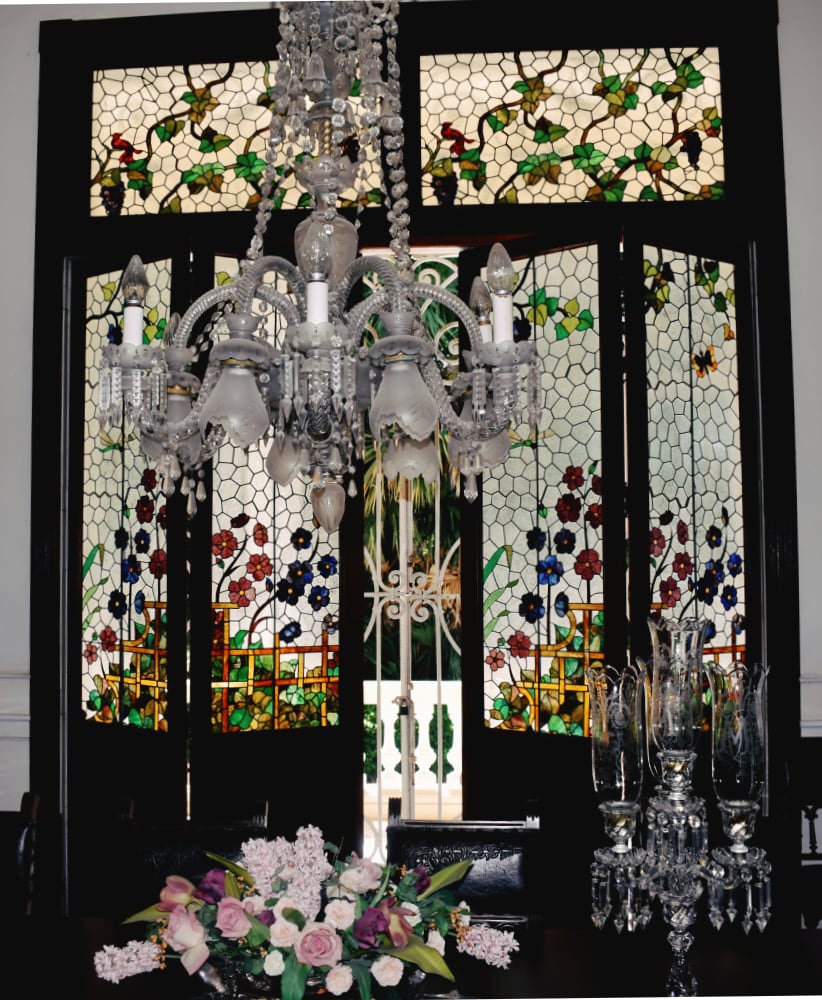
It is still said that one of the owners once afforded himself the luxury of losing his hacienda playing cards, in a fit of eccentricity, so much money was flowing.
And since life in the haciendas was sometimes monotonous, the hacendados also built palaces in the city of Merida to meet with friends during the winter season. The Paseo Montejo along which these houses lined up was a copy of the Champs d’Élysées in Paris!
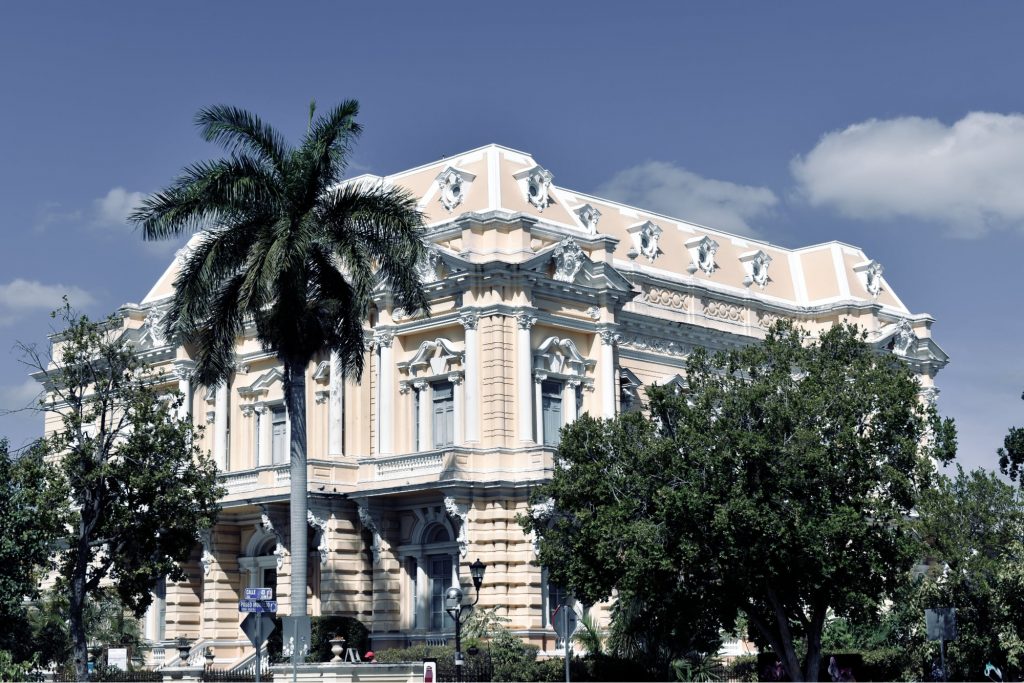
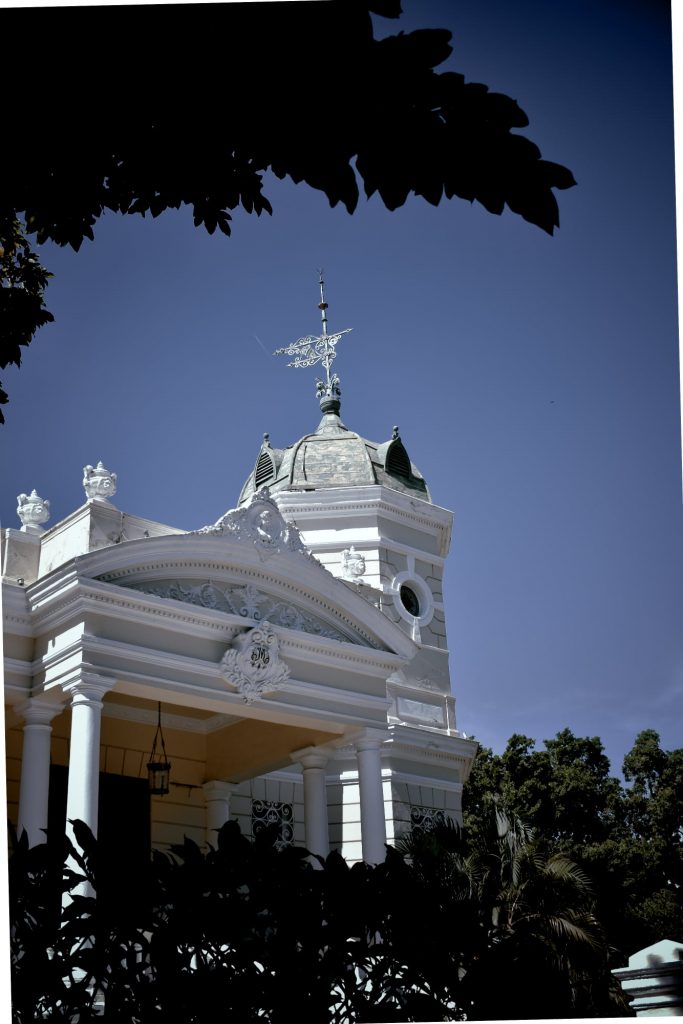
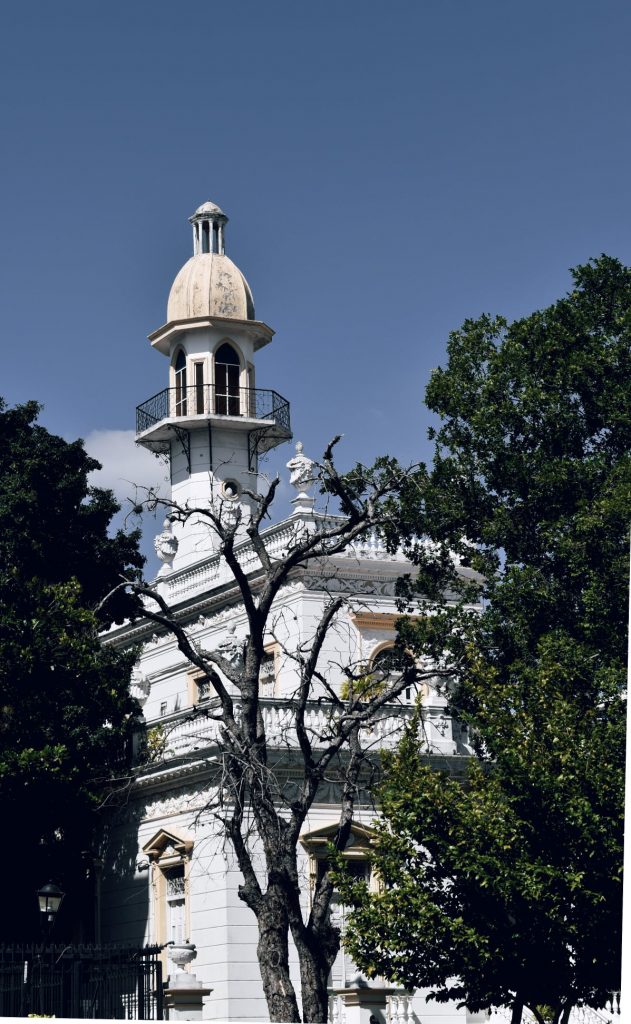
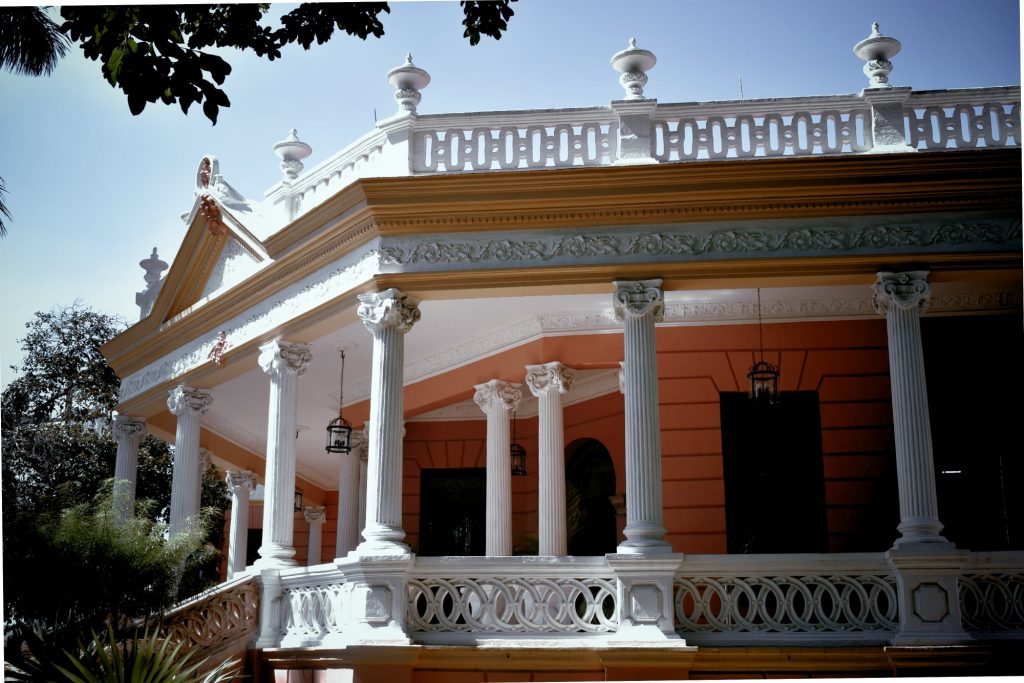
This unbelievable wealth profoundly transformed the Yucatan, where dozens of haciendas controlled thousands of hectares, subjugating the workforce through a paternalistic system of permanent indebtedness due to extremely low wages.
The time of oblivion :
And then, PATATRAS! Someone, somewhere else, dared to invent nylon … and sisal fiber quickly lost all its appeal. If we add to this the agrarian reforms already underway from 1938 to abolish this odious and unjust system of exploitation, we can say that the golden age of the Yucatan haciendas was over. Everything disintegrated. The properties were dismantled, the buildings were abandoned and the whole enterprise gradually fell into ruins.The new technology tossed into oblivion this time of splendor.
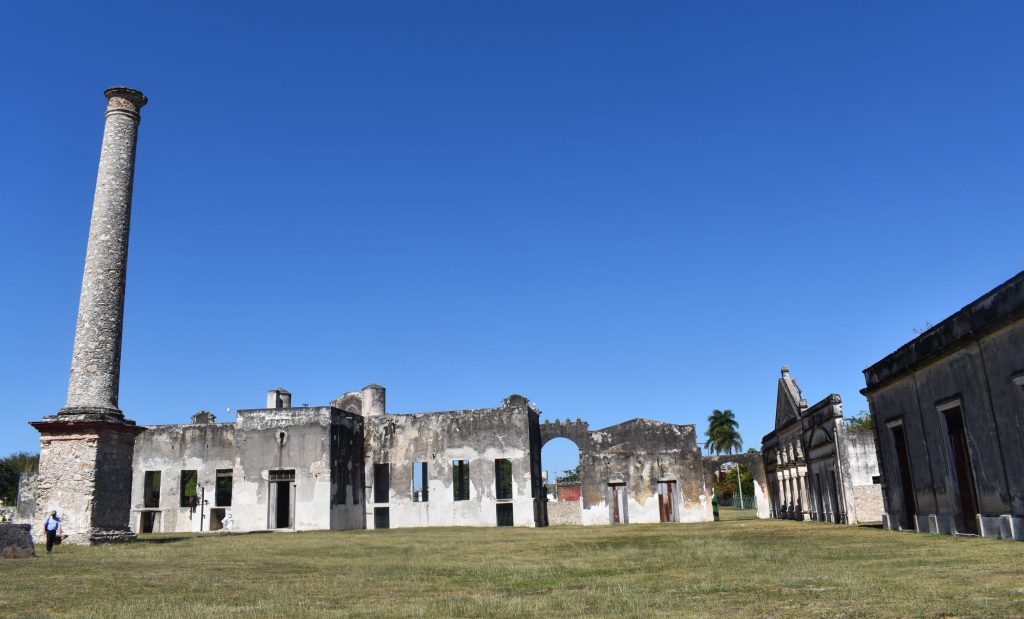
The revival
We have to wait until the 1990s to see a new interest shown in these houses … or what was left of them. For those who are attracted to the architecture of these places, it is recognized that these constructions were remarkable. Some of them had remained standing and were then restored, either transformed into museums as landmarks of an era, or completely remodeled into luxurious hotel complexes or private residences.
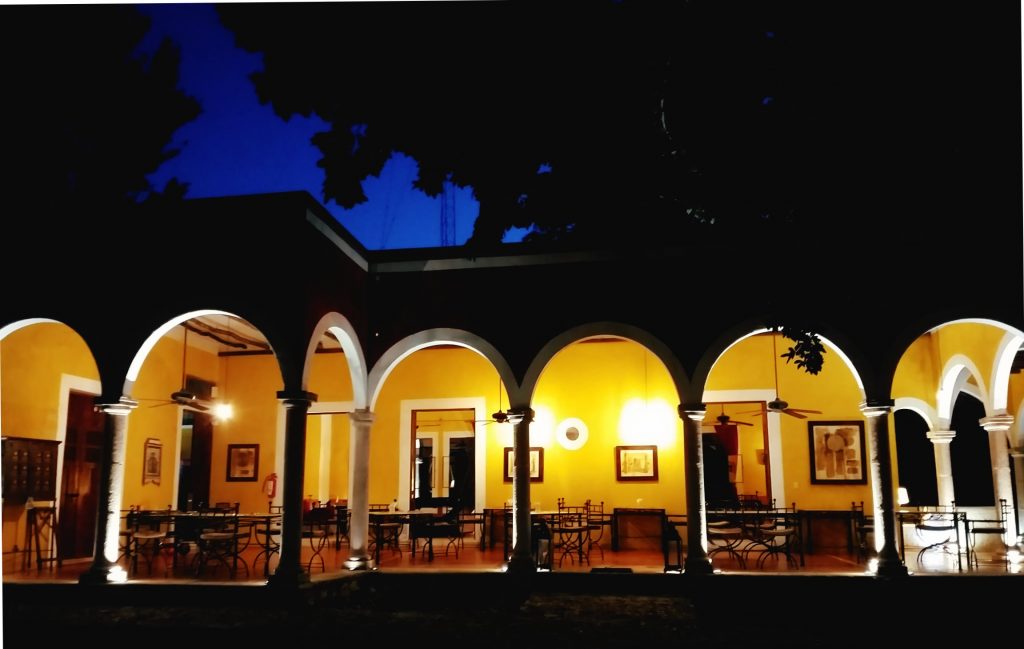
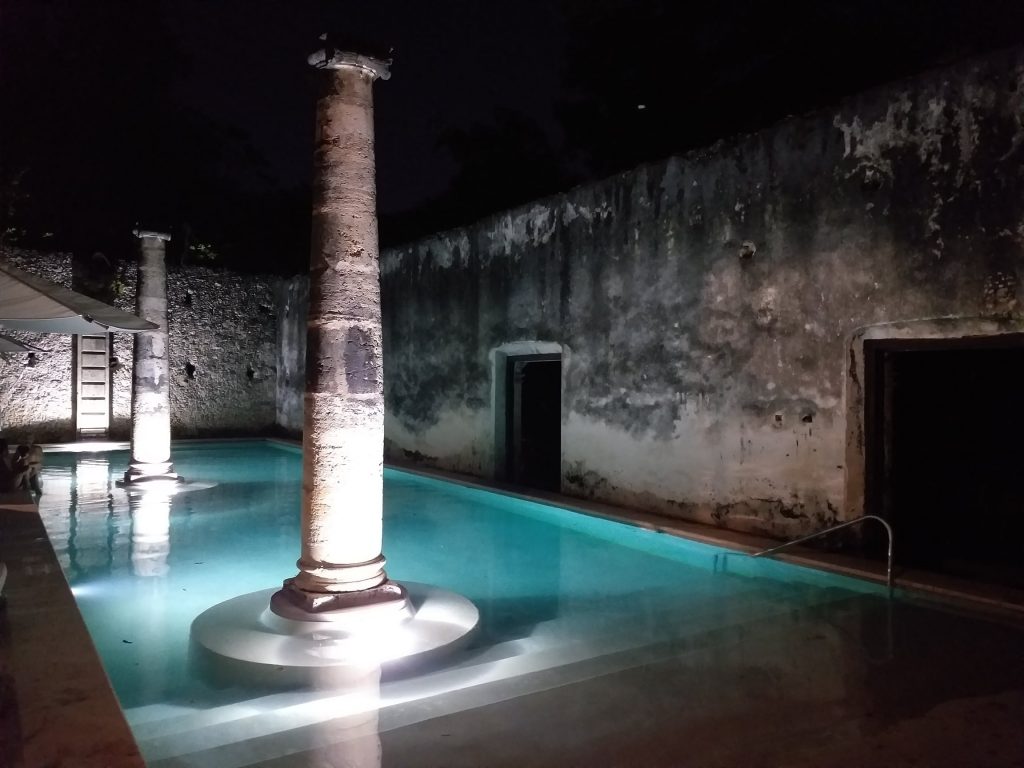
By taking the trouble to look for them, we can find today at the end of an earthy path or buried in the vegetation, these magnificent strings of arcades, these walls in yellow or red ochre colors, these Moorish-inspired portals, these rooms so well ventilated with beautiful geometric tiles, these old-fashioned and magical atmospheres.
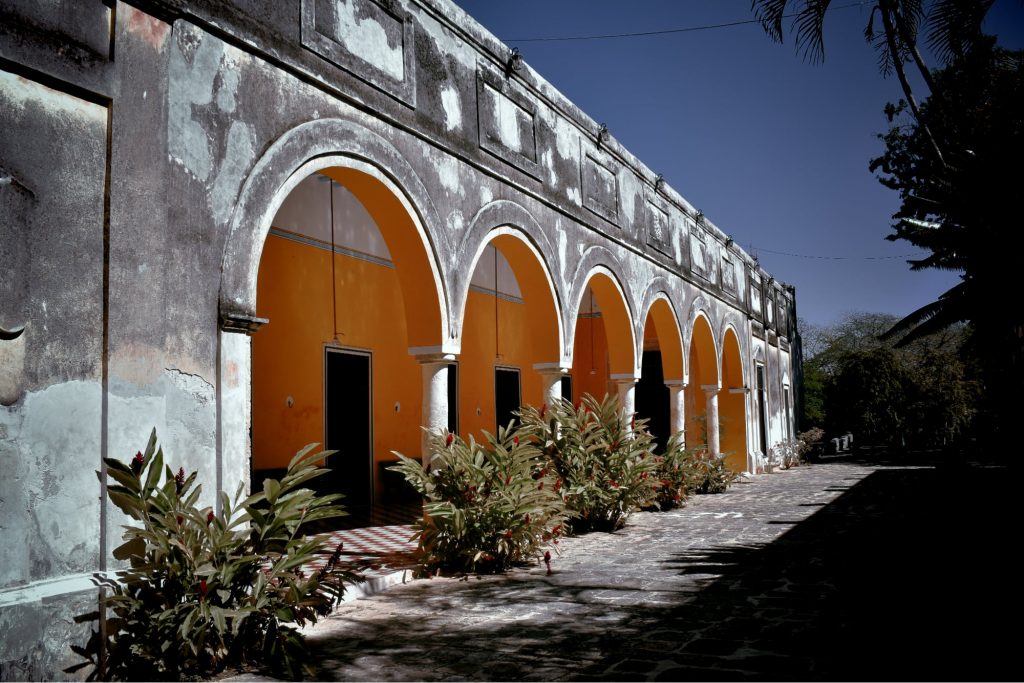
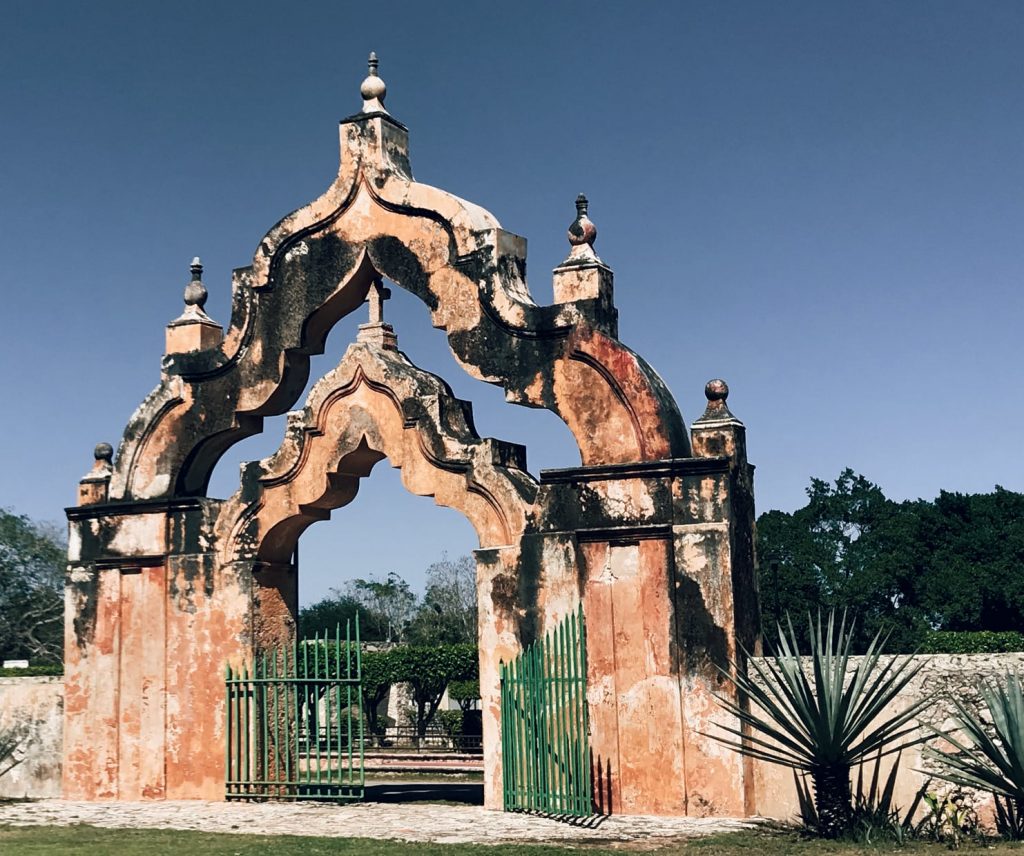
But the most moving of all, beyond the stones that tell us about the splendor of yesterday, is to be able to meet still nowadays, at the chance of a visit, an old witness who feels the visceral need to explain the way of life and work then.
Text by Claudia Gillet-Meyer; photos by Régis Meyer.
More about:
Two haciendas transformed into hotels:
Hacienda TEPAC : https//haciendatepac.com
Hacienda San Antonio Millet : ibabulto@amigoyucatan.com
One museum hacienda :
Hacienda Yaxcopoil: https//yaxcopoil.com
One book:
Sisal haciendas of Yucatan : Herve Baeza Braga
Editorial: Editorial Dante, 2004
